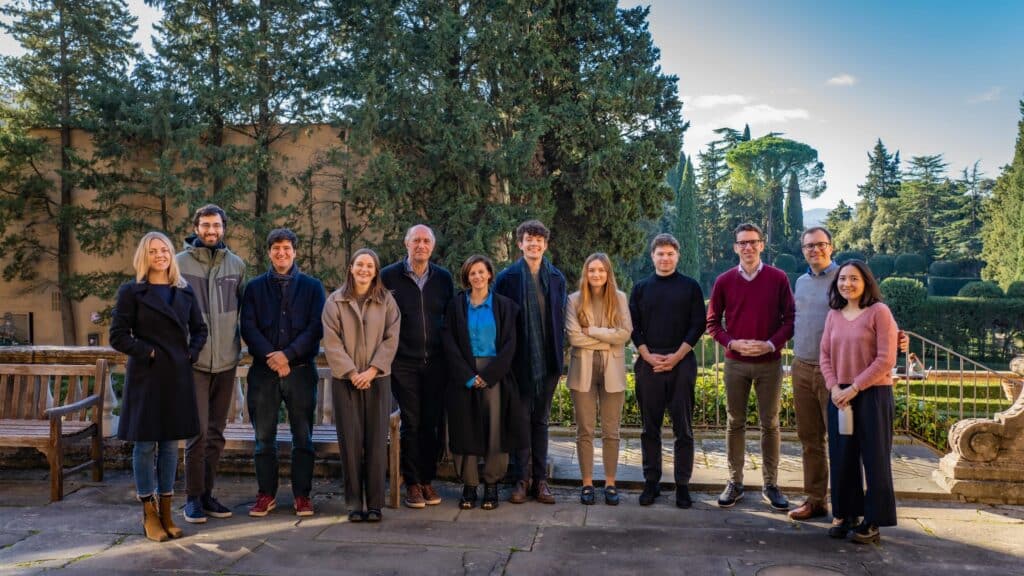Written by Andris Piebalgs
FSR Topic of the Month: Renewable Gas
This year Europe is facing a real winter. Many European households keep themselves warm with the use of natural gas. Gas consumption in power generation is also growing, as more than a fifth of energy consumption in the EU comes from the use of gas.
On the positive side, while acknowledging that methane can leak if not properly handled from well to wheel, natural gas is the fossil fuel that emits the least greenhouse gases—about half the CO2 produced by burning coal if properly produced, transported and used. Gas is well placed to supply back-up to intermittent renewable electricity because of the flexibility and short start-up times, and is sometimes referred to as a “renewables best friend”.
Nevertheless, on the negative side, natural gas is a fossil fuel that emits substantial amounts of greenhouse gases (GHG)—with the risk that venting, flaring and leaking can more than offset gas advantages. According to Climate Action Tracker, full lifecycle emissions, including the fuel chain and also the manufacturing of the energy conversion technology, implies emissions in the range of 410 – 650 g CO2eq/kWh for combined cycle plants as the most effective combustion plants.
Voices are calling for an urgent phase-out of all fossil fuels, including natural gas. At the same time, there are other considerations.
One of which is that the time we have to keep climate change below 2 degrees is well below the time it takes to retrofit the enormous world energy system entirely. Many customers, for instance, have had a long and successful experience of using gas for their energy needs. Gas is well suited for the seasonality of heat demand. EU has an extensive gas grid that is still being strengthened and enlarged. There is a substantial gas storage infrastructure. EU has invested a substantial effort in creating EU wide gas market. It would be a shame to lose all of it in the hope that we can convince each customer to embrace new habits while we transform every single element of the costly infrastructures. The question should, therefore, be asked of whether there is a way to speed up the transition and reduce its cost by using gas in the close-to-carbon-neutral energy system.
The EU, which accounts for about 10% of global GHG emissions, is firmly committed to fighting climate change under an ambitious reading and implementation of the Paris Agreement. The target is to cut EU’s emission by 80 – 95% by 2050, which in turn requires that EU’s electricity, transport and heating and cooling sectors be carbon free by that time. Achieving such objectives while reusing part of the existing infrastructures and changing much, but not all, of the existing energy system, suggests that the strategy has to mobilise all existing assets in the most efficient way possible. Renewable gas – biomethane and hydrogen notably—can be transported in existing gas pipes, even if with some adaptations. This at a fraction of the cost that it would take to carry the same amount of energy in the form of electrons (the ratio can be as much as 1/10 in favour of gas). The EU has some experience in producing and using biomethane and hydrogen.
- Could this experience be scaled up to be of the comparable levels of the use of natural gas today?
- What regulatory measures could be considered in support of it?
The transition is a race in time; there is only a limited number of trillion euros available. Being practical is one of the conditions for being successful.
Are you interested in Renewable Gas?
Don’t miss the next FSR event: The Renewable Gas Complex and the European Path to Decarbonisation






